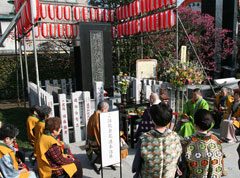
Summary
Every February 8th, Sensoji Temple in Tokyo holds a memorial service for old sewing needles.
This ritual reflects the Japanese belief that even tools have spirit and deserve appreciation.
Such customs show how deeply Japanese people value the things that support their daily lives.
Hari-Kuyou: A Memorial Service for Needles
In Japan, there is a unique Buddhist ritual known as Hari-Kuyou, held every year on February 8th at Sensoji Temple in Asakusa, Tokyo. The name comes from hari (needle) and kuyou (a Buddhist memorial service). Unlike ordinary memorials, this one is dedicated to worn-out sewing needles.
During the ceremony, people—especially those in garment or craft industries—bring their old needles to the temple and gently place them into soft tofu or konnyaku (yam cake). This is done to give the needles a peaceful, painless resting place after years of hard work. It’s a way to express gratitude for their service.
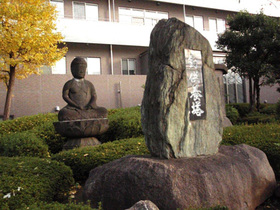
More Than Needles: Respecting All Tools
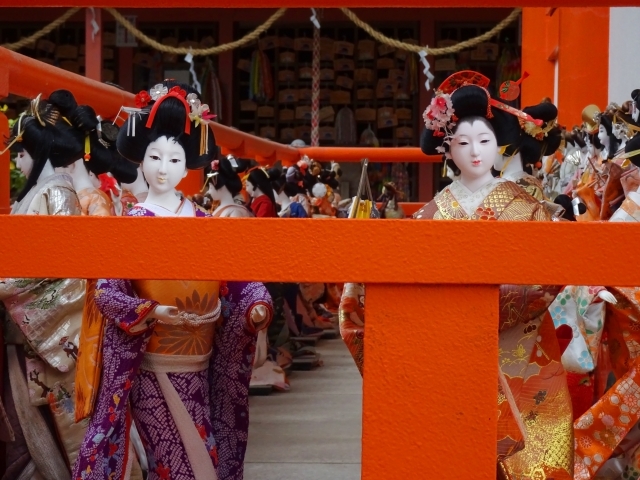
This ritual may seem unusual, but it represents something deeply rooted in Japanese culture: the belief that even objects have spirit. It’s a form of respect, treating tools not just as lifeless materials but as silent partners that support our lives. This mindset can be traced back to ancient beliefs like tsukumogami—the idea that tools and household items, after years of faithful use, develop a spirit of their own.
Hari-Kuyou is not the only ritual of this kind. Similar ceremonies are held for nails (kugi-kuyou), dolls (ningyou-kuyou), old kimonos, and even toys. Many Japanese find it hard to simply throw these things away, especially if they were used for a long time or hold sentimental value.
Everyday Examples: From Kendo to Baseball
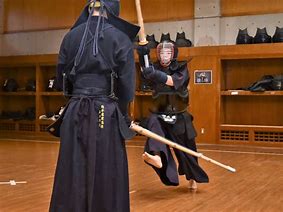
This attitude is also reflected in everyday life. When I was a child, my parents scolded me if I mistreated school supplies, saying, “Respect your things, or bad karma will follow.” In my school’s Kendo club, we were taught to care for our bamboo swords and armor with discipline and gratitude. Even modern athletes like baseball players often bow to their bats or gloves—a small gesture that shows deep appreciation.

Conclusion: The Spirit Within Things
In Japanese culture, the idea that “all things have spirit” is not just religious; it’s practical and emotional. It teaches us to be mindful and thankful for everything that supports our lives. Hari-Kuyou is a beautiful example of this way of thinking—an expression of respect for tools, and for the unseen spirit within them.
Share Your Thoughts
Have you experienced something similar in your own culture?
Your reflections are welcome.
💬 Jump to the comment section


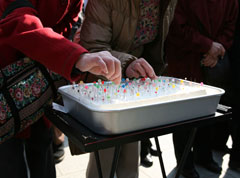
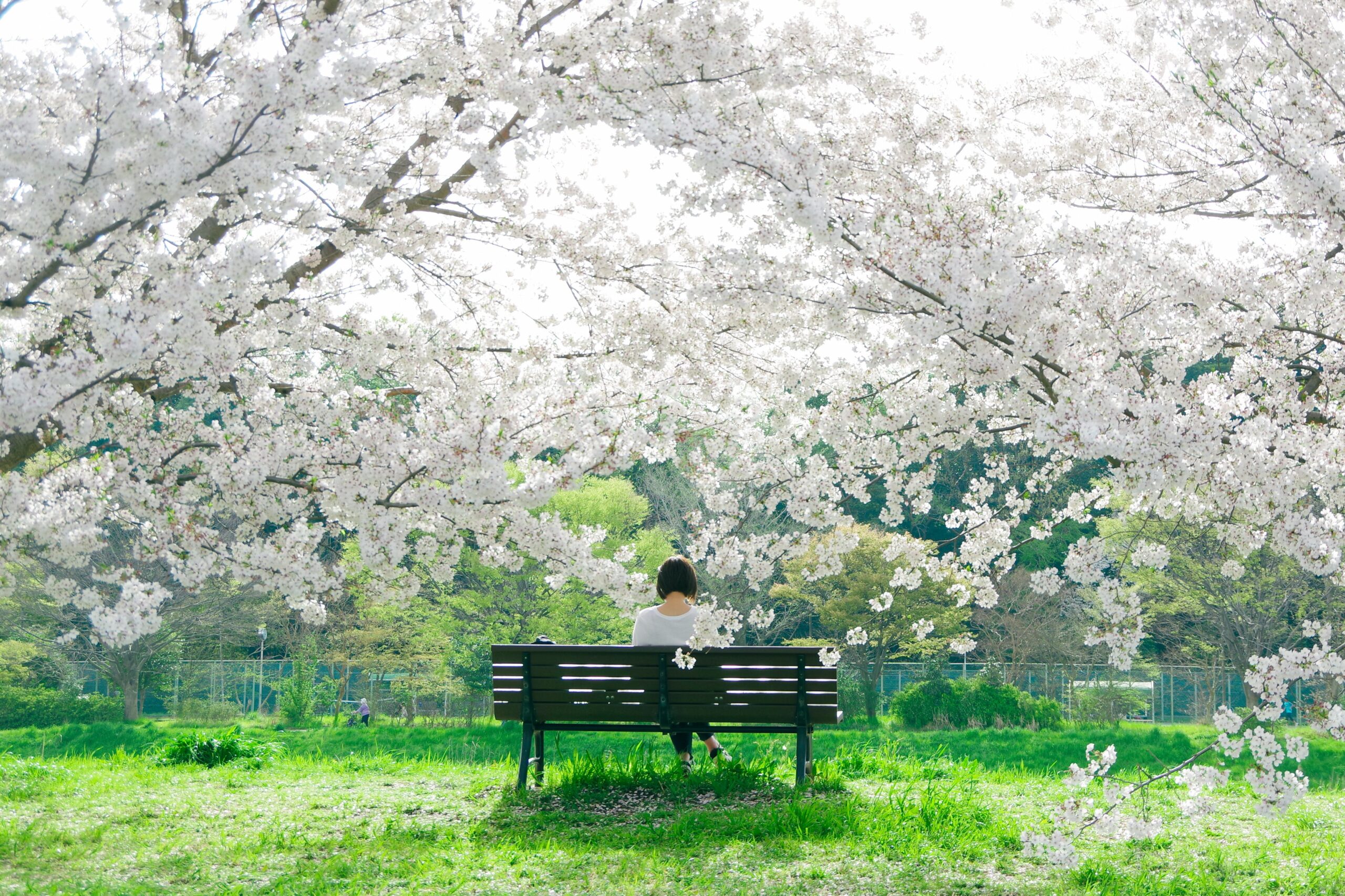
Share Your Perspective